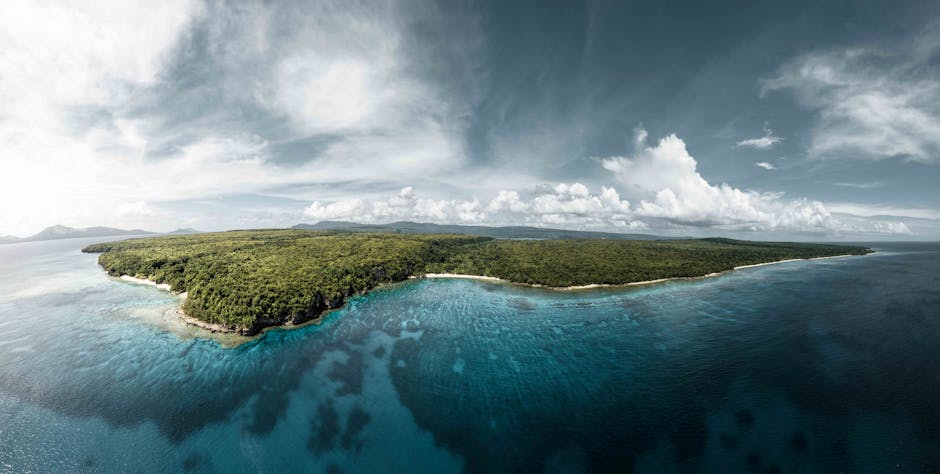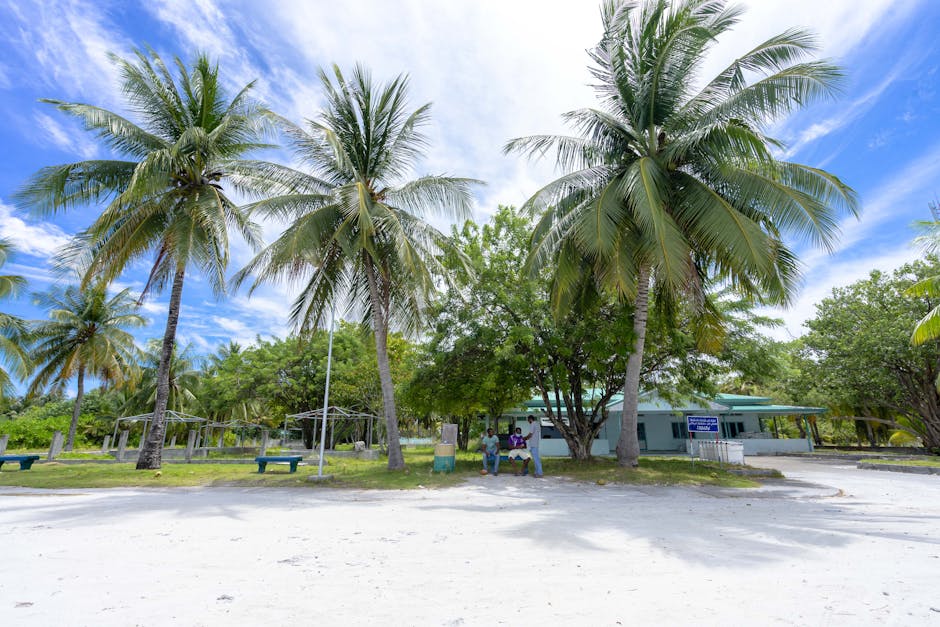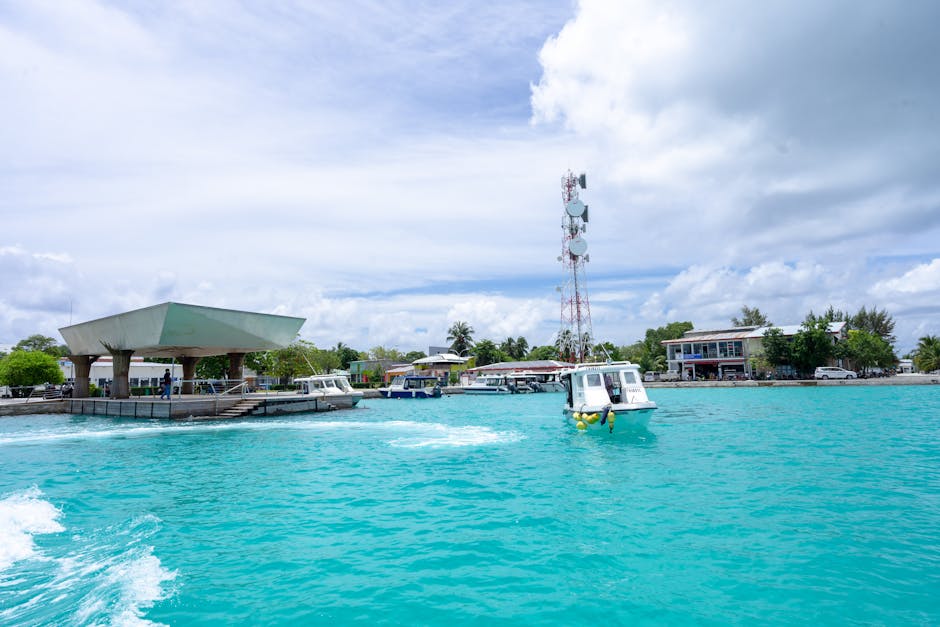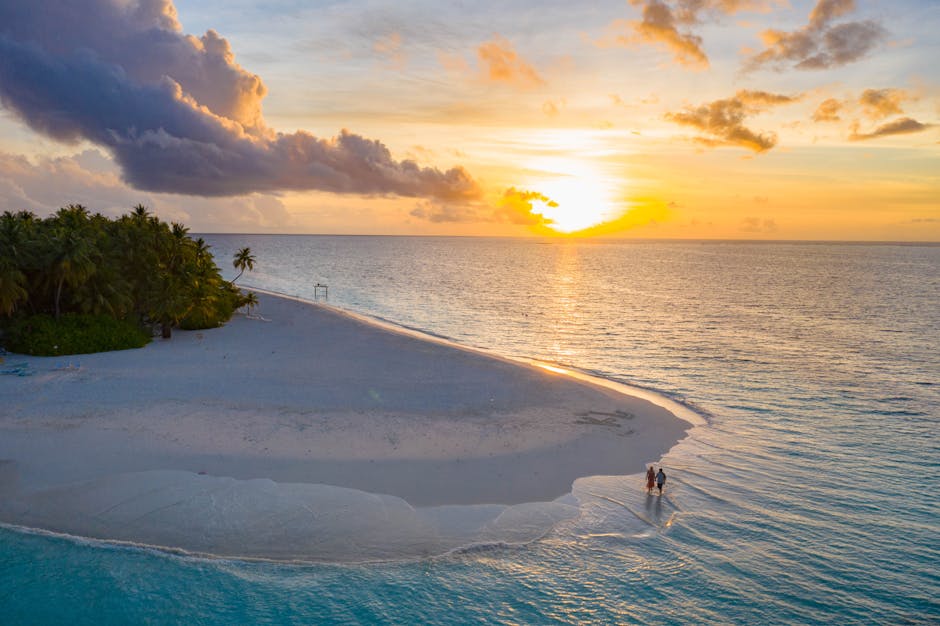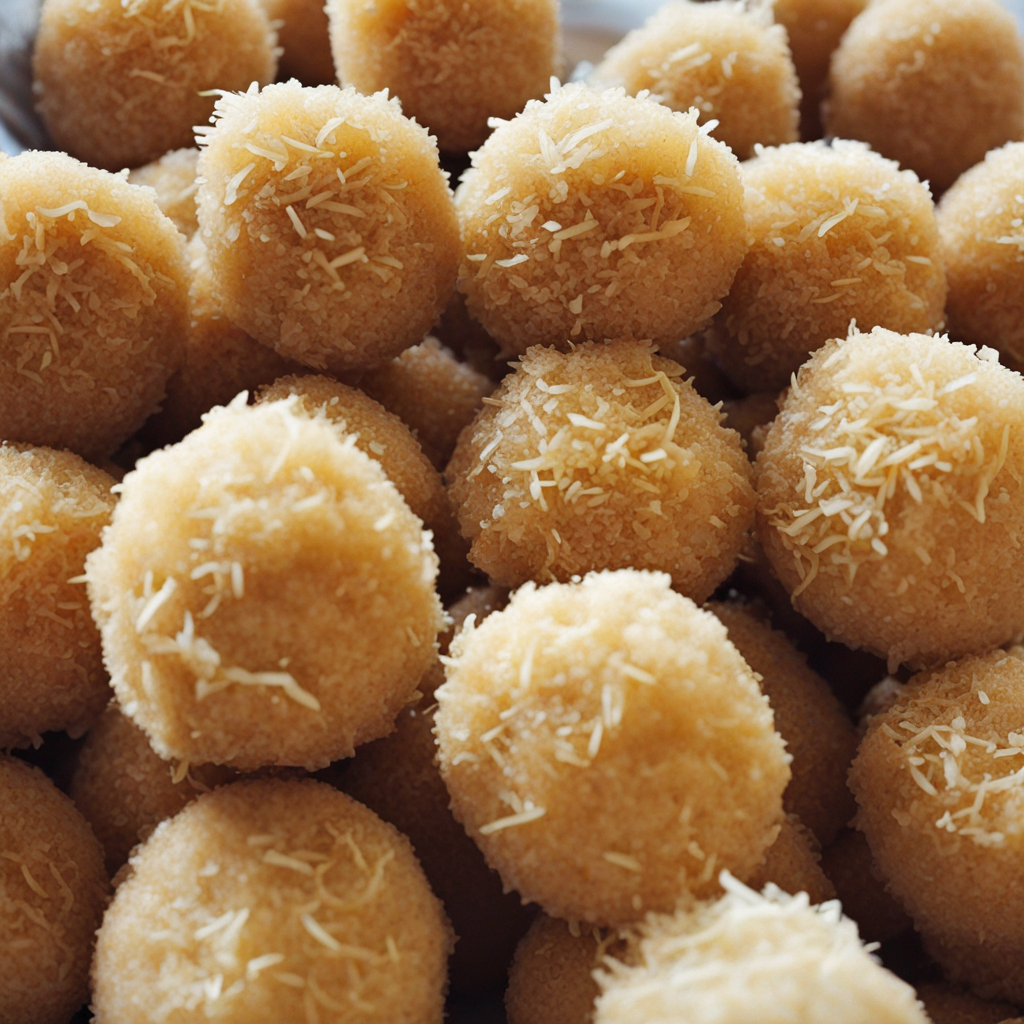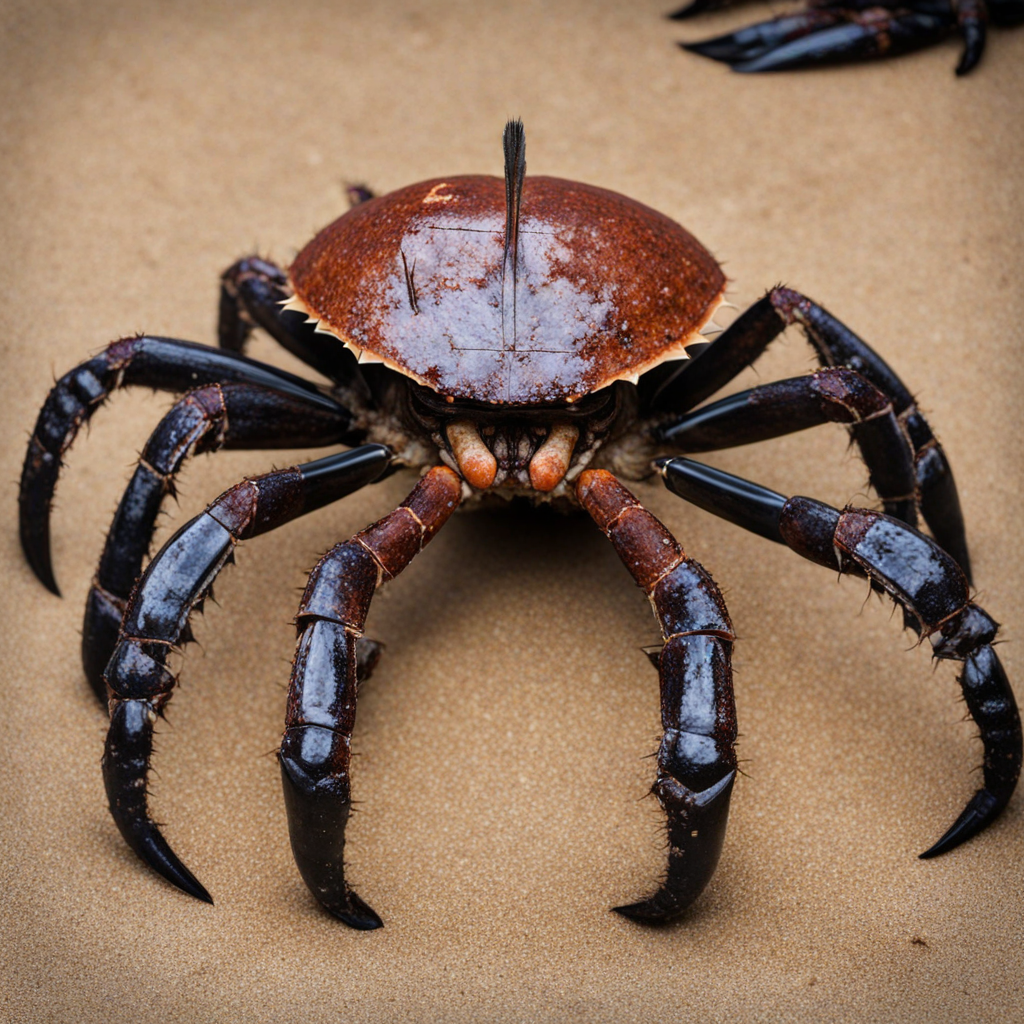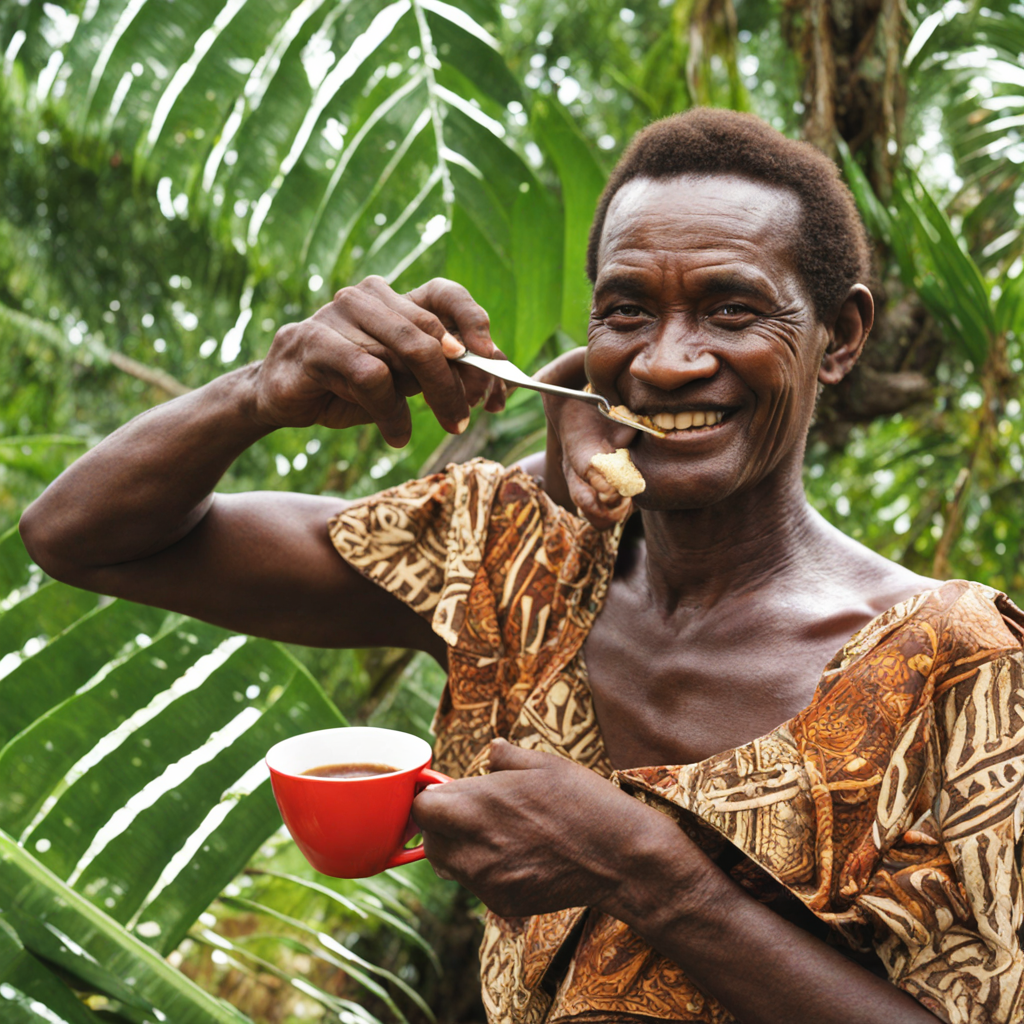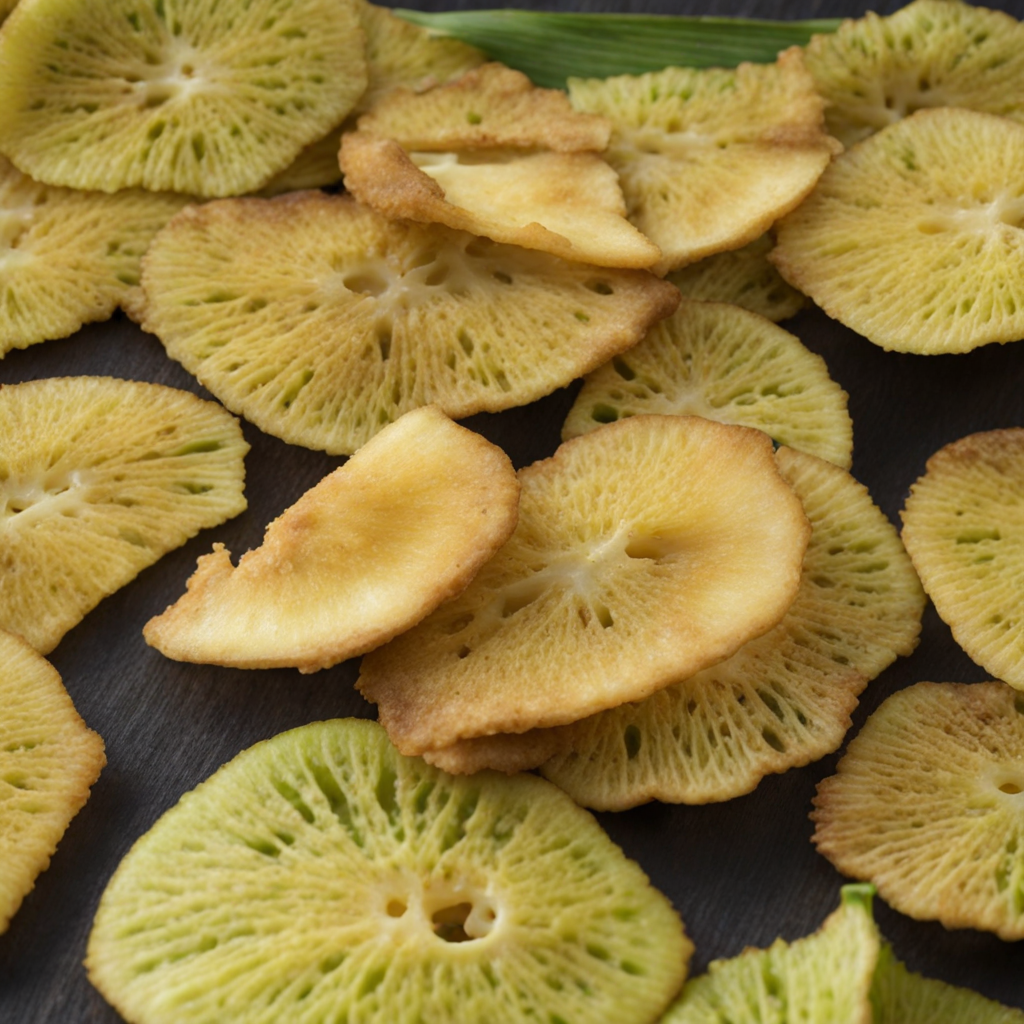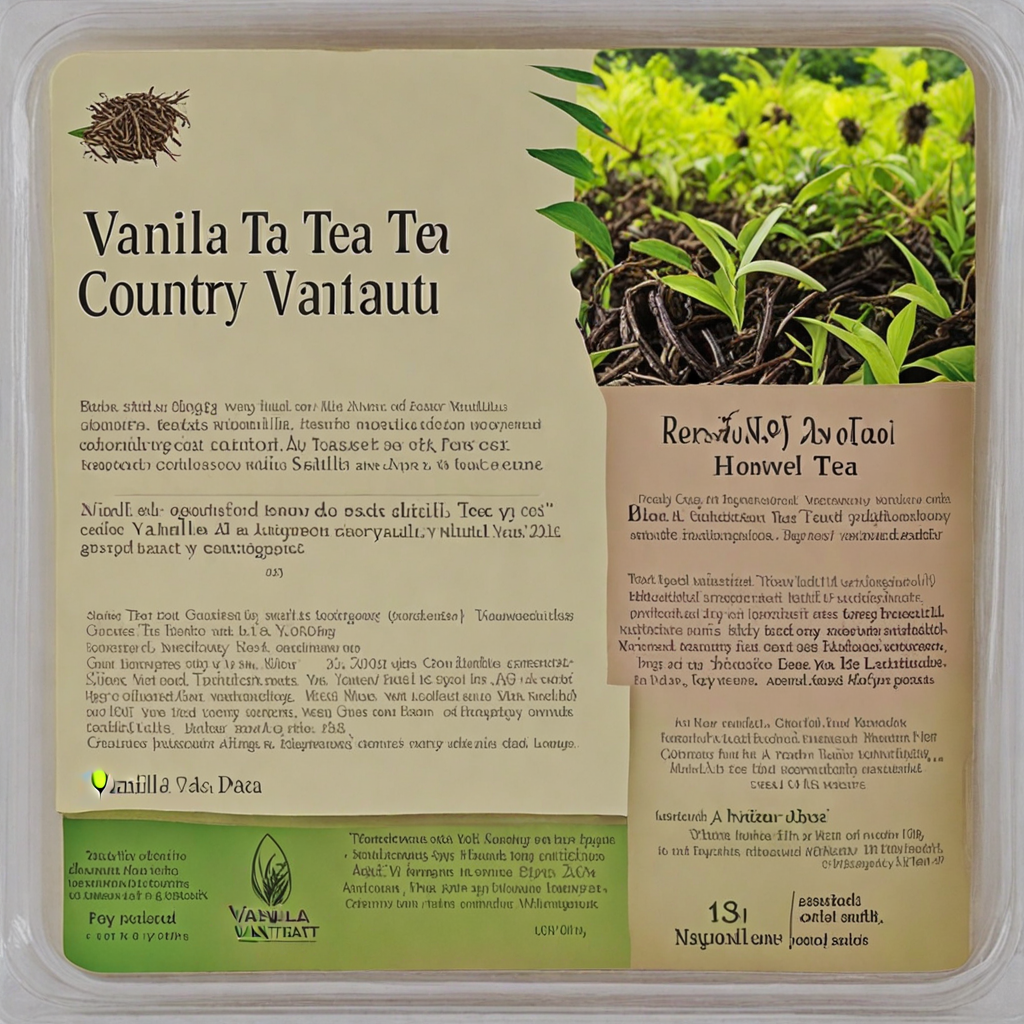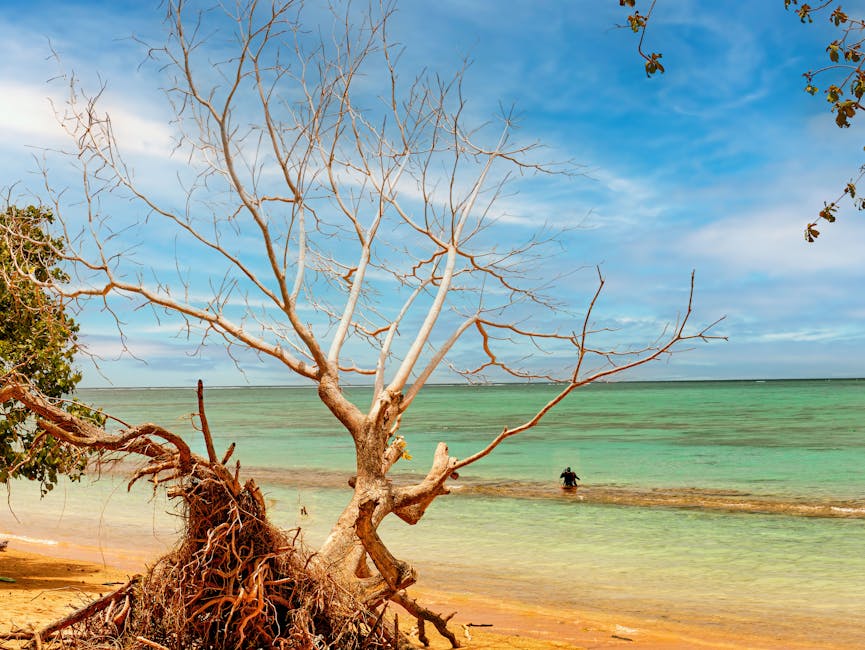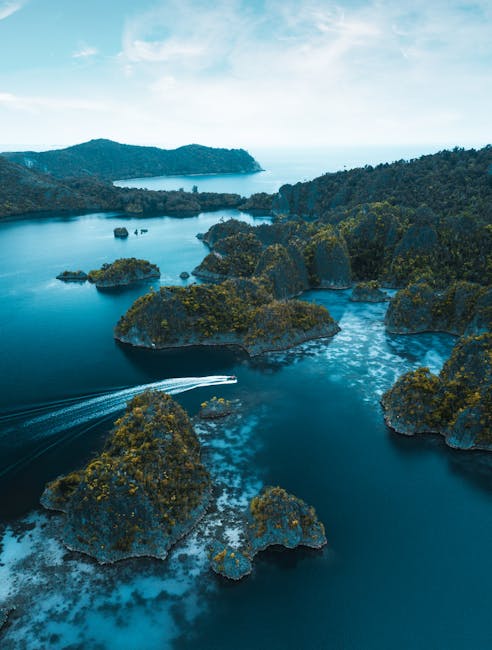Vanuatu
Overview
Vanuatu, an island nation located in the South Pacific Ocean, is a hidden gem that offers a unique blend of cultures, landscapes, and experiences. Known for its vibrant culture that's deeply rooted in Melanesian traditions, Vanuatu is truly unique with its rich cultural heritage, traditional villages, and various languages spoken. It's famous for its spectacular scuba diving sites, active volcanoes, and beautiful beaches. One of the country's most unique aspects is the land diving ritual (bungy jumping) performed on Pentecost Island. This culturally rich nation offers an exclusive experience that's a blend of adventure, relaxation, and cultural immersion.
The high season for tourism in Vanuatu is during the dry season between May and October when the weather is warm and sunny, perfect for outdoor activities and exploration. During this time, tourists can relish the beauty of the island's pristine beaches, explore its underwater wonders through snorkeling or scuba diving, or hike up to the active volcano at Tanna Island. Vanuatu's cultural festivals such as the 'Naghol' Land Diving Festival also typically occur during this period, offering a fantastic opportunity for visitors to immerse themselves in local customs and traditions.
Before visiting Vanuatu, travelers should ensure they are well-prepared. Vanuatu has a tropical climate, so lightweight, breathable clothing is recommended. Sunscreen, hats, and insect repellent are also essential due to the strong sun and presence of mosquitoes. English and French are widely spoken in tourist areas, but learning a few phrases in Bislama (the local pidgin language) could be useful. It's also important to note that while credit cards are accepted in most hotels and restaurants, cash is necessary for transactions in local markets and rural areas. Lastly, ensure your routine vaccines are up-to-date and consider getting vaccinated for Hepatitis A and Typhoid, as recommended by the CDC for most travelers to Vanuatu.
A Glimpse into the Past
Vanuatu, an archipelago located in the South Pacific Ocean, is a fascinating destination with a rich history that spans thousands of years. The islands are home to over 80 different ethnic groups, each with its own unique traditions and languages. This diversity is rooted in the long history of human settlement, which began around 3,000 years ago. The first inhabitants are believed to have arrived from Southeast Asia, bringing with them their navigational skills and agricultural practices. These early settlers established a complex social structure based on kinship and tribal affiliations.
As visitors explore Vanuatu, they will encounter the remnants of this rich heritage, particularly in places like Port Vila, the capital city located on the island of Efate. Port Vila serves as a vibrant hub for culture and commerce, where travelers can experience the blend of traditional and modern life. Local markets showcase handmade crafts, vibrant textiles, and fresh produce, reflecting the agricultural traditions that have sustained the islands for centuries.
The arrival of Europeans in the 18th century marked a significant turning point in Vanuatu's history. In 1606, the Spanish explorer Pedro Fernández de Quirós was one of the first Europeans to set foot on the islands, naming them "Austrialia del Espiritu Santo." However, it was not until the late 18th century that the islands gained more attention from European powers, particularly the British and the French. Missionaries, traders, and explorers arrived, leading to the introduction of Christianity and significant cultural changes.
The impact of colonial interests can be seen in the establishment of the Anglican Church and various missionary schools, which played a crucial role in shaping the educational landscape of Vanuatu. Visitors can explore historical churches and missionary sites, such as the St. Michael's Cathedral in Port Vila, which offers insights into the religious transformations that occurred during this period.
By the late 19th century, tensions between the British and French over control of the islands led to the establishment of the New Hebrides Condominium in 1906, a unique arrangement that allowed both nations to govern the islands simultaneously. This dual colonial administration brought about significant changes in land ownership, governance, and economic practices, often disregarding the rights of the indigenous population. The period was marked by social unrest and resistance, culminating in various uprisings against colonial rule.
The struggle for independence gained momentum after World War II, when many Ni-Vanuatu men fought alongside Allied forces. Their experiences during the war played a crucial role in shaping national identity and aspirations for self-governance. The Vanuatu National Party and other political movements began to emerge, advocating for greater autonomy and the rights of the indigenous people.
On July 30, 1980, Vanuatu finally achieved independence from colonial rule, becoming a sovereign nation. This milestone is celebrated annually as Independence Day, a public holiday filled with cultural performances, parades, and traditional ceremonies. Visitors during this time can immerse themselves in the vibrant celebrations, experiencing the pride and unity of the Ni-Vanuatu people.
The new government faced numerous challenges in the early years of independence, including economic instability and political strife. However, Vanuatu has made remarkable strides in recent decades, focusing on sustainable development and preserving its rich cultural heritage. The nation is known for its commitment to environmental conservation, with a significant portion of its land and marine areas protected.
For travelers seeking adventure, Vanuatu offers an array of breathtaking landscapes, from lush rainforests to stunning volcanic peaks. The island of Tanna is home to the active Mount Yasur, one of the world’s most accessible volcanoes. Guided tours allow visitors to witness the awe-inspiring eruptions and learn about the local customs and beliefs surrounding this natural phenomenon. The experience of standing at the rim of Mount Yasur, watching the glowing lava spew into the night sky, is unforgettable.
Another must-visit destination is Espiritu Santo, the largest island in Vanuatu, known for its pristine beaches and crystal-clear waters. The stunning Champagne Beach is a popular spot for relaxation and water activities such as snorkeling and diving. The underwater world of Vanuatu is teeming with vibrant coral reefs and diverse marine life, perfect for those looking to explore the beauty beneath the waves.
Cultural experiences abound in Vanuatu, with opportunities to engage with local communities. Visitors can attend traditional ceremonies, such as the Naghol (Land Diving) ritual on Pentecost Island, which is a fascinating and adrenaline-inducing event where local men jump from tall towers with only vines tied to their ankles. This ancient practice is believed to ensure a good yam harvest and is a testament to the strength and courage of the participants.
Exploring the rich history of Vanuatu also includes a visit to the National Museum of Vanuatu in Port Vila, where artifacts, photographs, and exhibits highlight the islands' cultural heritage and colonial past. The museum provides insights into the traditional customs, art, and history of the Ni-Vanuatu people, offering visitors a deeper understanding of their identity and resilience.
Vanuatu’s commitment to preserving its cultural heritage is further reflected in the UNESCO World Heritage Site of Chief Roi Mata's Domain, located on the islands of Efate and Lelepa. This site is significant for its historical and cultural importance, representing the legacy of Chief Roi Mata, a revered chief who united various tribes and played a pivotal role in the islands' history. The lush landscapes and traditional villages within the domain provide a glimpse into the past and the enduring customs of the people.
As travelers journey through Vanuatu, they will discover a land rich in history, culture, and natural beauty. The islands invite exploration and connection, offering a unique opportunity to witness the enduring spirit of the Ni-Vanuatu people and their vibrant traditions. Whether it's the thrill of an active volcano, the tranquility of a secluded beach, or the warmth of a traditional village, Vanuatu promises an unforgettable experience that resonates with the echoes of its storied past.
Top cities for tourists in Vanuatu
Discover the Famous Cities That Might Captivate Your Interests
Must-Try Foods You Can't Afford to Miss
Indulge in a Variety of Fantastic Foods During Your Stay in Vanuatu
May Be Your Next Destinations
People often choose these countries as their next destination


